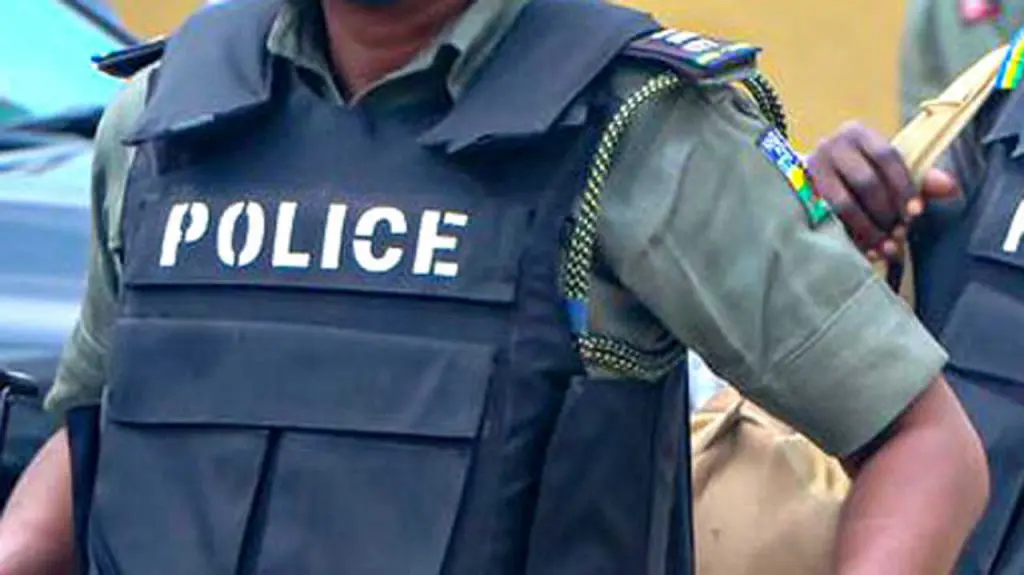The International Human Rights watch dog – Amnesty International (AI), has decried the unwarranted killing of innocent civilians and human rights violations by the military in the West Africa sub-region.
Amnesty International also frowned at situations where military tribunals exercise jurisdiction over cases involving civilians.
Ms. Osai Ojigho, Country Director, Amnesty International, Nigeria, stated this while presenting a paper at the First Ordinary Session of the ECOWAS Parliament in Abuja.
According to Ms. Ojigho, such practice negates the Principles and Guidelines on the Right to Fair Trial and Legal Assistance in Africa, of the African Commission on Human and Peoples’ Rights,’ which specified that military courts should only hear cases relating to purely military offenses and not crimes committed against civilians.
Ms. Ojigho said: “Amnesty International and other international and national NGOs also reported unlawful killings and enforced disappearances committed by members of national armed forces and of their allies during military operations in the last years. Recently, between 27 and 31 March 2022, operations carried out in Moura by the Malian armed forced targeted armed groups reportedly resulted in the death of many civilians.
“Some survivors alleged the army was accompanied by mercenaries of the Russian security agency Wagner. The UN also requested a judicial investigation into alleged violations of international humanitarian law when French military airstrikes killed many civilians in 2021 in Bounty.
“In Nigeria, on 15 September 2021, nine people were killed and several injured during a military air strike in Buwari village, Yunusari LGA, Yobe State. The military said it had hit the village accidentally”.
She also noted that impunity for conflict-related crimes remains the rule, which made the International Right group to posit that, “in Burkina Faso, no significant progress had been made in the investigation into the unlawful killings of 50 people and the enforced disappearance of 66 others allegedly committed by the armed group Koglweogo in the village of Yirgou, in January 2019. The Burkinabe government established i021 the Special Forces, whose mandate included “counter-terrorism operations”, among other tasks. The decree established the united states that Special Forces cannot be pursued before the courts for any actions taken during their operations.
“In its April report, “Crimes without convictions: Analysis of the judicial response to conflict-related crimes in central Mali,” Amnesty International concluded that despite repeated commitments on the part of the Malian authorities, a several judicial investigations –such as those into the Ogossagou, (157 people killed in March 2019 and 35 in February 2020), Sobane Da (35 people killed in June 2019), Binédama and Yangassadiou (37 and 15 people killed in June 2020 respectively) killings– have made little to no progress and the victims are continuing to demand justice while fearing reprisals in the absence of protection measures. The military justice system still exercises its jurisdiction over crimes committed against civilians by military personnel in operations which is in contradiction with the Principles and Guidelines on the Right to a Fair Trial and Legal Assistance in Africa, of the African Commission on Human and Peoples’ Rights,’ which specified that military courts should only hear cases relating to purely military ofoffensesnd, not crimes committed against civilians”.
Amnesty International also decried the suppression and banning of demonstrations in many ECOWAS countries under false pretexts related to security or public health.











































